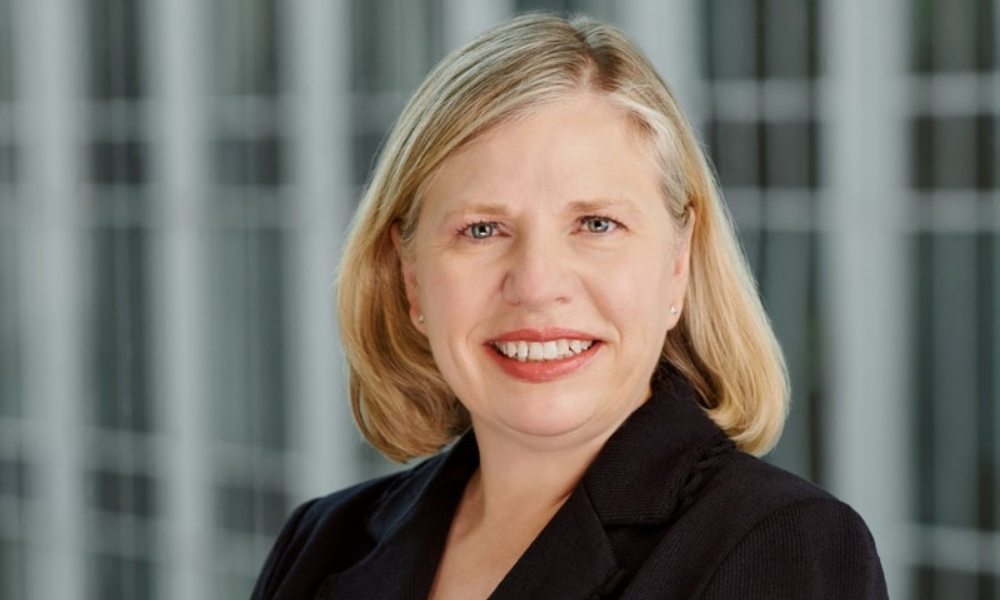Why tax time is the ideal moment to ensure financial plans are up-to-date

If you have clients who have had a financial windfall, tax preparation time is a great time to talk about what that means for their financial picture – and what adjustments might be required.
“You have to have a full conversation, so everybody knows what’s going on and what the money is good for,” Janine Guenther, President of the Vancouver-based Dixon Mitchell Investment Counsel, told Wealth Professional. “Once you know the money’s purpose, then you can make a plan for it.”
Even then, though, she cautioned that the conversation should look at both sides of the balance sheet – not just the increased income, but the client’s expenses.
“We have a lot of accidental millionaires in Canada because they’ve sold the property that they’ve lived in for the last 25 years and are moving to a smaller residence or a loved one has passed away,” she said, noting that some clients are also making money from selling businesses.
“So, you really have to look at their personal circumstances and figure out if it makes sense to pay off some of the debt, like a mortgage, and then ensure that all of their RRSPs and Tax-free Savings Accounts are topped up, and the money in a non-registered portfolio is set up so that it’s most tax advantageous to them,” she said.
Guenther said it’s important to have a good balance between dividend income and capital gains, particularly now that we’re in the highest inflation environment in 40 years. More money should be allocated to equities for some inflation protection rather than putting it in fixed income or bonds, which provide less interest and could create a capital loss in that part of their portfolios.
“It really does make sense to figure out if your clients need income from this portfolio or they just need it to grow,” she said. “That will help you to develop an asset allocation that either is giving your clients tax advantaged income like dividends, or they need to be more skewed toward capital gains.”
Guenther advised advisors to ensure that clients who are reaching the end of their lives should be “as close to zero as possible when they die” to minimize taxes in the year they die, since it’s assumed then that they’ve disposed of all of their property, triggering be a large capital gains tax.
“If you think they’re going to make it to 100, well, over those last five years of their lives, they should be selling their portfolios and gifting that money to whomever they’re planning to give it to anyway, so your clients can make an impact for them while they’re alive and also keep their taxes down to a dull roar in the year they die,” she said.
Guenther said the federal government is also looking for ways to increase its revenue. Its most recent budget stated that property, such as a principal residence, held for less than 12 months will be taxed as business income. It’s also asked the banks and financial institutions to disclose what’s in RRSPs and RRIFs, and what they’re worth at the end of the year. It may also look at the tax structure for intergenerational wealthy transfer, so it earns more from that.
Guenther suggested that advisors not only need to keep up with all these changes, but bring together the client’s powerhouse to address them. She encouraged them to work with a client’s accountant, lawyer, and insurer, and take time to figure out the client’s best financial plan.
“There’s nothing wrong with them taking some extra time to really think about what they want this money to do for them. Do they need it for extra income? Do they want it to set their kids up for the future?” she asked. “It might mean a slower rollout of what they’re going to do, but it might end up being a lot smoother than rushing.”



